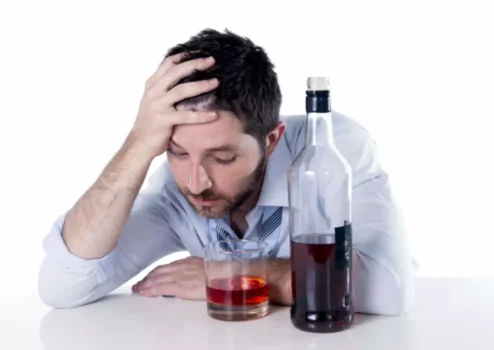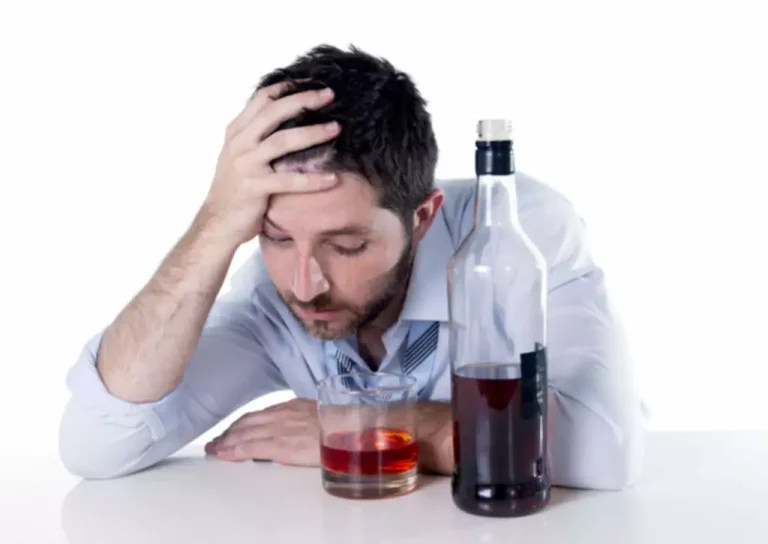Alcohol Withdrawal: Learn the Symptoms and Signs

Reach out to a treatment provider for free today for immediate assistance. Heavy alcohol use also depletes the body of vital electrolytes and vitamins, such as folate, magnesium, and thiamine. So, treatment may also include electrolyte corrections and multivitamin fluids. Drastic changes in blood pressure and heart rate can also develop, which may lead to a stroke or heart attack.

From 24 to 72 Hours
- Contact a treatment provider today to find out what options are available to you.
- When you stop consuming alcohol after prolonged, heavy use, your CNS can’t respond or regulate itself fast enough.
- These will provide you with the tools and resources to prevent triggers, continue on-going recovery and live a well-balanced life after rehab.
- If a person has alcohol use disorder, their body gets used to a certain amount of alcohol in their system.
Click here to learn more about helping someone with alcohol use disorder. Symptom-triggered therapy with benzodiazepines remains the cornerstone of management. They may also do a blood test called a toxicology screen to measure the amount of alcohol in a person’s system. Blood tests and imaging tests can show if organs, such as the liver, have been affected by a person’s intake of alcohol. The doctor may ask for evidence that there has been a decrease in alcohol use after regular heavy use. Anyone that thinks they are dependent on alcohol should consider speaking to a doctor.

What is delirium tremens?
If you’ve ever questioned your relationship with alcohol, that’s the first sign you need to “dig a little deeper,” says Amanda Zahner, a person recovering from alcohol use disorder who is alcohol withdrawal syndrome symptoms now six years sober. By Buddy TBuddy T is a writer and founding member of the Online Al-Anon Outreach Committee with decades of experience writing about alcoholism. Because he is a member of a support group that stresses the importance of anonymity at the public level, he does not use his photograph or his real name on this website. “I’ve had aches in every joint, and even now, the periodic taste of alcohol in my mouth. It’s the taste of detox, I’m guessing. Already, I’m sleeping better, feeling better, though I’m a little spacey, and my skin already looks healthier.”
1. Clinical workflow of diagnosis and therapy of AWS
- People with alcohol use disorder should be monitored by a medical professional when withdrawing from alcohol.
- But severe or complicated alcohol withdrawal can result in lengthy hospital stays and even time in the intensive care unit (ICU).
- “The whites of my eyes are white again, my urine is starting to look normal, and my bowel movements are getting normal. My energy level and mental alertness are way up, and it’s only getting better.”
They can help you get medical attention should you have severe symptoms. People in recovery continue to report the benefits of not drinking alcohol after 13 days of abstinence. They also report feeling calmer and better able to cope with some of their remaining symptoms.
For Some, Day Five Brings Relief
Over time, both the body and the brain becomes dependent on drinking frequency and patterns. When you abruptly stop drinking, your body is deprived of the effects of alcohol and requires time to adjust to functioning without it. This adjustment period causes the https://ecosoberhouse.com/article/why-is-my-vision-blurry-after-drinking-alcohol/ painful side effects of alcohol withdrawal, such as shakes, insomnia, nausea, and anxiety. Treatment can occur in various settings, such as the emergency room, outpatient clinic, intensive care unit, or detoxification facility. Consequently, the interprofessional healthcare team must ascertain the most suitable setting based on a patient’s symptoms. For most people, alcohol withdrawal symptoms will begin to subside after 72 hours.


Physicians should monitor outpatients with alcohol withdrawal syndrome daily for up to five days after their last drink to verify symptom improvement and to evaluate the need for additional treatment. Primary care physicians should offer to initiate long-term treatment for alcohol use disorder, including pharmacotherapy, in addition to withdrawal management. Over the course of the first few days and weeks after someone stops drinking alcohol, he or she may experience acute alcohol withdrawal symptoms. Acute alcohol withdrawal syndrome refers to the common withdrawal symptoms a heavy drinker experiences when they suddenly reduce the amount of alcohol they drink after prolonged periods of heavy use. During this time, you’re most at risk of temporarily losing consciousness, developing delirium tremens, and having seizures. Medical professional can assess your mental and physical health frequently throughout the day to make sure symptoms do not escalate.
- For those trying to detox from alcohol, it is vital to do so under the supervision of a doctor, as the withdrawal symptoms may be severe.
- Those with severe AWS experience severe anxiety and moderate to severe tremor, but they do not have confusion, hallucinations, or seizures.
- However, if a person already has alcohol use disorder, they can help prevent some of the withdrawal symptoms by speaking to a doctor about safe withdrawal.
“I am feeling better each day goes by. I am also very happy I am able to stay sober, I never thought I would be able to do it. Cravings come and go, but the belief in God and prayers have helped me stay strong and sober.” “With hard work and vigilance, I am pleased to be getting more sober time in. I am exercising more and starting to decrease the number of herbs and vitamins I have been taking daily.” “I feel great. To all those that are ready to give up because of withdrawals, hang in there! It does get better.”



Leave a Reply